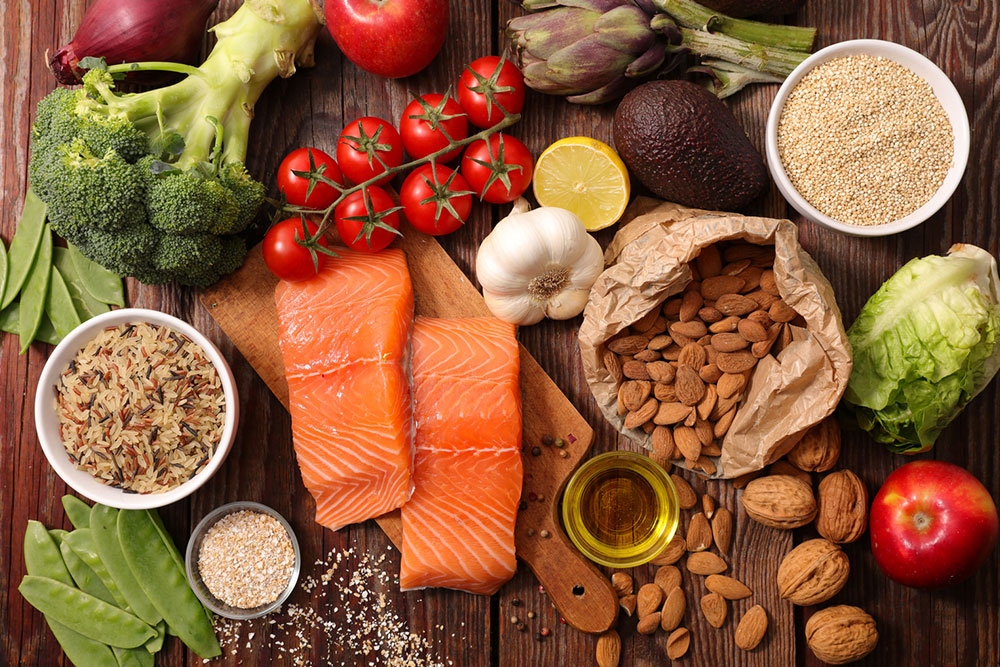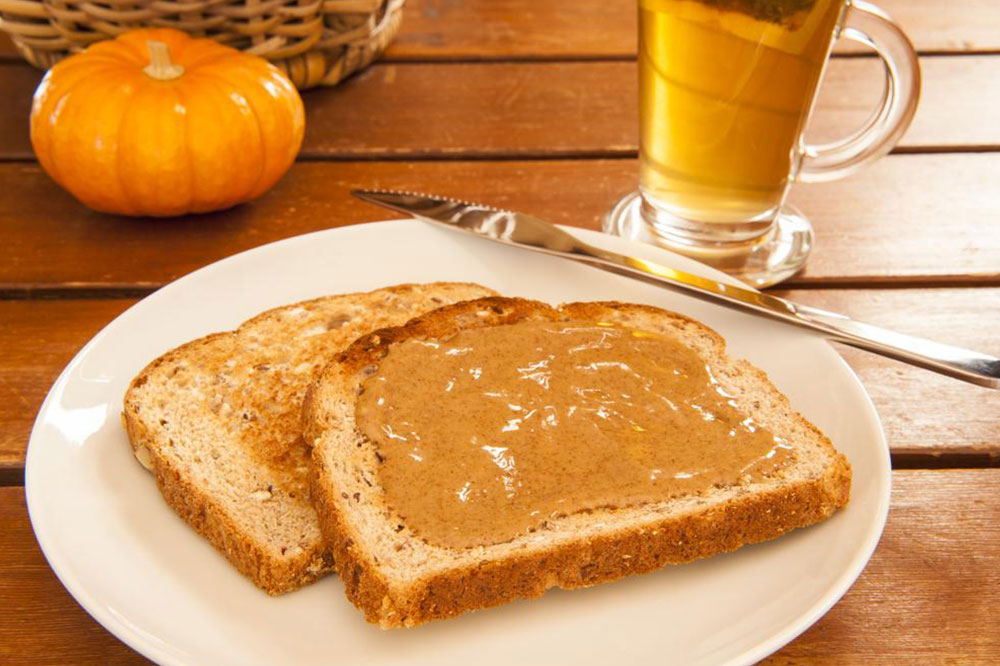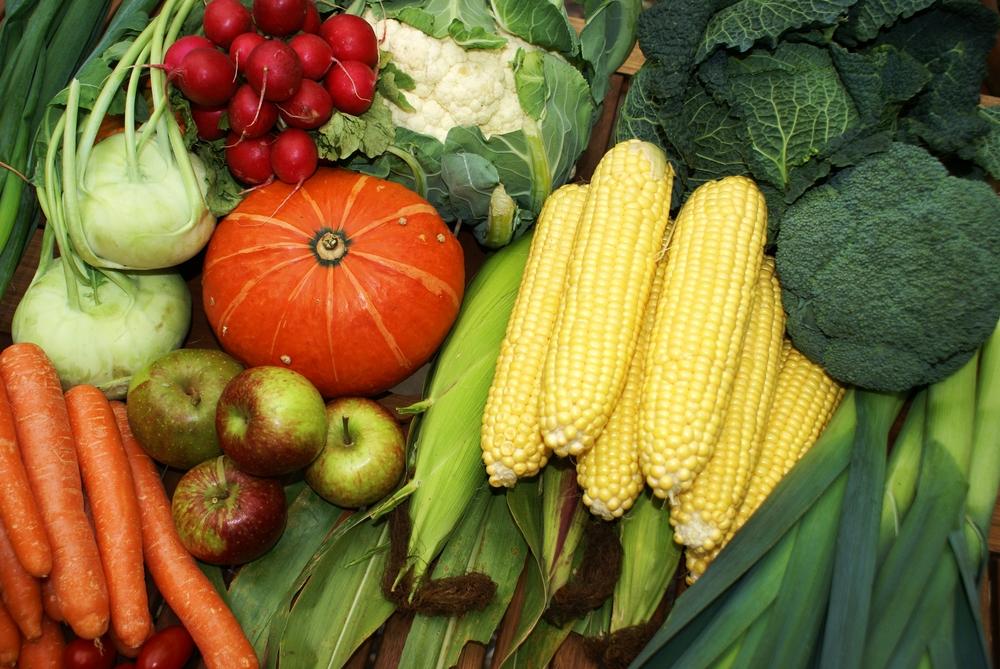Comprehensive Guide to Boosting Your Immune System Naturally During Cold and Flu Season
Learn effective dietary strategies to naturally boost your immune system during cold and flu season. Discover foods like herbal teas, spices, nuts, and healthy oils that support immune health, while avoiding items that worsen symptoms. This comprehensive guide offers practical tips to enhance recovery, prevent illness, and stay healthy during the peak of cold and flu periods.

Enhance Your Immunity with Nutritional Strategies During Cold and Flu Periods
The arrival of cold and flu season often brings about a surge in various symptoms including nasal congestion, sore throats, persistent coughs, body aches, and headaches. While these ailments are common, distinguishing between a common cold and the flu can sometimes be challenging without proper medical testing. Nonetheless, understanding the differences and knowing how to bolster your immune defenses through diet can significantly influence the speed and effectiveness of recovery.
The influenza virus tends to cause more severe symptoms and complications such as pneumonia, especially in vulnerable populations like the elderly, children, or individuals with compromised immune systems. Both the cold and the flu are caused by contagious viruses, making prevention and adaptive nutritional strategies essential during this time of the year.
One of the most natural and effective methods to protect against these illnesses is to incorporate immune-boosting foods into your daily diet. Proper nutrition supports your body's natural defenses by providing vital vitamins, minerals, antioxidants, and anti-inflammatory compounds. Specific foods like herbal teas, spices such as turmeric, antioxidant-rich fruits, nutrient-dense nuts, and healthy oils can work synergistically to reduce the severity of symptoms, prevent further infections, and promote faster healing.
From herbal teas to healthy oils, this comprehensive guide covers various dietary tips designed to strengthen your immune system naturally and effectively during the cold and flu season.
Top Foods and Remedies to Strengthen Your Immunity
Chamomile Tea
Recognized for its gentle antibacterial properties and calming effects, chamomile tea can be an excellent addition to your immune-boosting regimen. Its natural compounds promote relaxation, reduce stress, and support restful sleep—all crucial components of immune health. A good night's sleep enhances your body's ability to fight infections and recover quickly from cold and flu symptoms. Incorporate a warm cup of chamomile tea into your nightly routine to experience these benefits.
Turmeric
This vibrant yellow spice is renowned for its potent anti-inflammatory and antioxidant properties, primarily due to curcumin. Curcumin can stimulate immune activity, helping your body respond more effectively to viral pathogens. To maximize absorption, it's advisable to combine turmeric with black pepper, which enhances bioavailability. Add turmeric to soups, curries, smoothies, or teas twice daily to harness its immune-boosting potential.
Dried Tart Cherries
These small but powerful fruits are loaded with antioxidants that combat oxidative stress and inflammation. Their anti-inflammatory agents support respiratory health, which often suffers during cold and flu infections. They also contain melatonin, a hormone linked to sleep regulation, which can improve sleep quality. Better sleep helps your immune system operate optimally, aiding faster recovery during illness.
Walnuts
Another excellent source of immune-supporting nutrients, walnuts are rich in vitamin E, B6, copper, and folate. These nutrients are essential for maintaining a healthy immune response. Beyond immune support, walnuts can help reduce stress levels and elevate mood, which are crucial during illness. Incorporate a handful of walnuts into your snacks or salads to enjoy their health benefits.
Extra Virgin Olive Oil
Extra virgin olive oil is known for its natural antibacterial properties and high antioxidant content. Using it in your cooking not only adds flavor but also provides immune-boosting benefits. It can help reduce inflammation and support your body's natural defenses against viruses during the cold and flu season.
Soups
Warm, steaming soups are a traditional remedy for colds, providing comfort and relief. The hot vapor helps open nasal passages and reduce congestion, while the nutrients support immune function. Chicken noodle soup, vegetable broth, or spicy soups with garlic and ginger can be especially effective at alleviating symptoms.
Garlic
A potent natural antimicrobial, garlic can boost immune function and may help fight off viral infections like cold and flu. Its allicin compound exhibits antiviral properties. Incorporate fresh garlic into your meals—whether in stir-fries, soups, or roasted dishes—for optimal health benefits.
Raw Honey
Raw, especially Manuka honey, possesses antimicrobial and anti-inflammatory qualities. It can soothe sore throats, reduce coughing, and promote healing. Take a teaspoon of raw honey directly or stir it into warm teas for relief and immune support.
Ginger
Ginger root exhibits anti-inflammatory and antimicrobial effects, helping to relieve sore throats, cough, and chest congestion. Fresh ginger can be added to teas, soups, or stir-fries. Stay hydrated with lukewarm water infused with ginger, which helps soothe symptoms and replaces lost fluids during illness.
Items to Avoid During Cold and Flu
Avoiding certain foods can also help reduce the severity and duration of illness. Here are some items to steer clear of:
Strawberries
High in histamine, strawberries can increase mucus production, leading to worsened congestion and sinus inflammation.
Milk and Dairy Products
Dairy products like milk, cheese, yogurt, and buttermilk may thicken mucus, prolonging cough and congestion. Reducing dairy intake can help alleviate these symptoms.
Caffeinated Drinks
Though tempting, caffeine can dehydrate your body, impairing your immune system's ability to recover. Opt for water, herbal teas, or fresh fruit juices to stay hydrated.
MSG (Mono Sodium Glutamate)
Often found in processed foods, MSG can trigger headaches and increase inflammation. Limiting consumption of packaged snacks, fast food, and ready-made meals is advisable during illness.
Red Meat
Heavy, fatty meats are difficult to digest and can worsen nausea or fatigue. Focus on light, easily digestible foods during recovery phase.
Soy Sauce
Due to its high sodium and histamine levels, soy sauce may contribute to dehydration and congestion. Use it sparingly or avoid during illness to support faster recovery.
In summary, adopting a nutrient-rich, immune-supportive diet during cold and flu season can greatly enhance your body's ability to fend off infections and recover swiftly. Incorporate herbal teas, spices like turmeric, antioxidant-rich fruits, nuts, and healthy oils into your meals, and avoid foods that may exacerbate symptoms. Complementing your diet with adequate rest, hydration, and proper hygiene practices will maximize your chances of staying healthy throughout the season.





